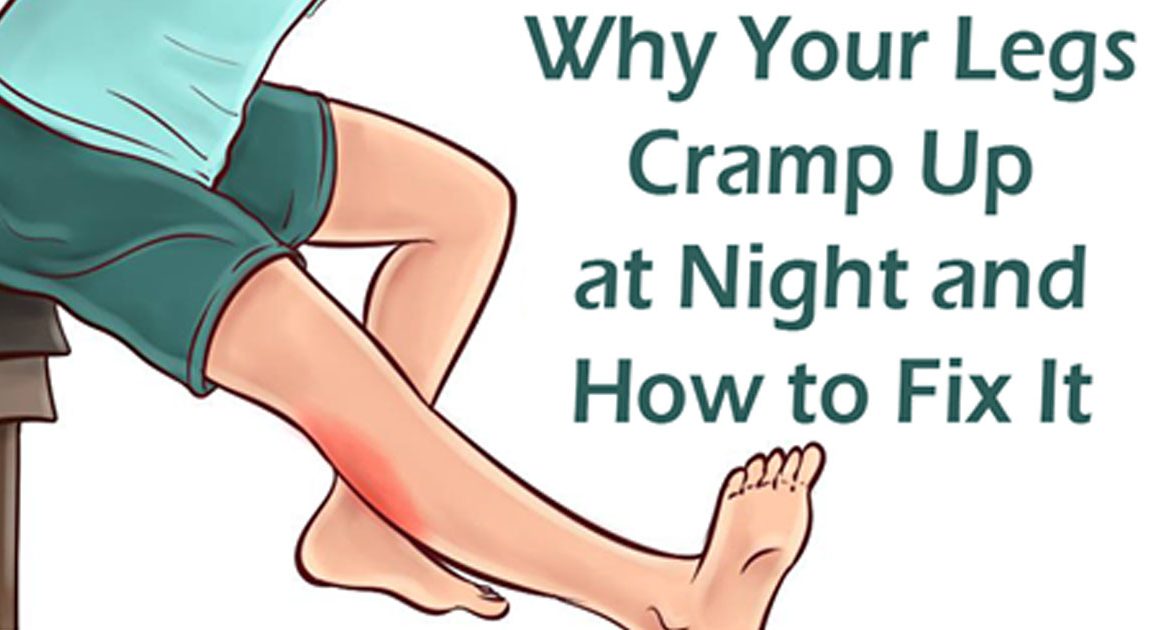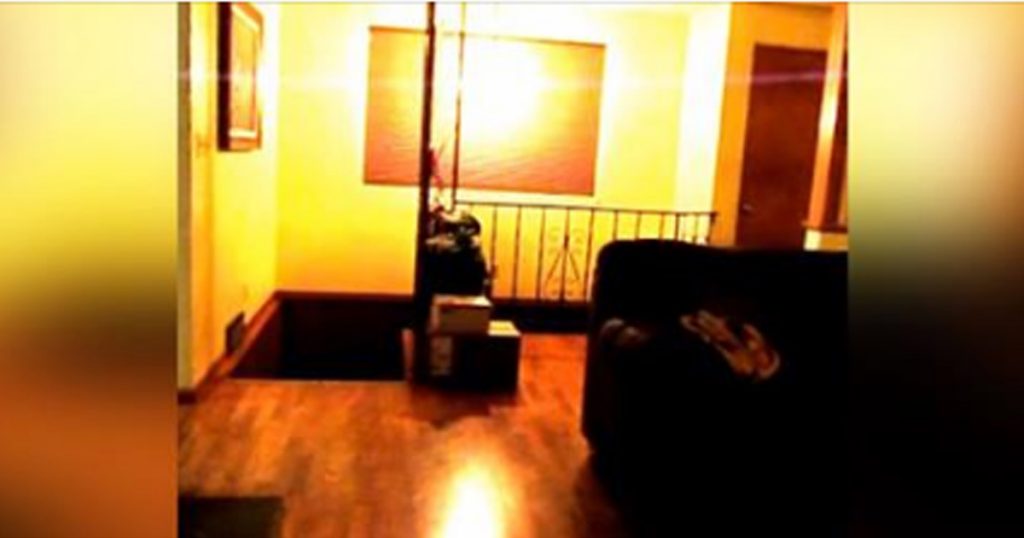Leg cramps at night – nocturnal leg cramps – are pains that occur during the sleeping hours. They can cause a person to wake up and occur at night due to prolonged hours of inactivity. Nocturnal leg cramps commonly occur in the calf but can also cause pain in the thighs and feet. Pain due to leg cramps at night can last for mere seconds or for several minutes. After the leg cramp passes, muscle soreness may linger for the rest of the night or even until the following day. Both men and women can experience leg cramps and they occur more commonly in adults over the age of 50.
Leg cramps at night, different from restless leg syndrome
Both nocturnal leg cramps and restless leg syndrome (RLS) occur during sleeping hours but that is the only similarity between the two conditions. There are many differences between leg cramps at night and restless leg syndrome, including:
RLS does not cause pain or cramping, while nocturnal leg cramps do.
RLS is more of a discomfort or crawling feeling in your legs.
RLS causes the desire to move the legs, while nocturnal leg cramps often prevent movement.
Moving the leg in RLS offers relief – moving the leg in nocturnal leg cramps does not, instead stretching is required.
Causes and risk factors of leg cramps at night
The exact cause of nocturnal leg cramps is often unknown, but potential causes and risk factors of nightly leg cramps include:
Sitting for prolonged periods of time
Over-exertion of the muscles in the leg
Standing or working on concrete floors
Sitting improperly
Medical conditions, too, can contribute to nocturnal leg cramps, such as:
Pregnancy
Alcoholism
Dehydration
Parkinson’s disease
Neuromuscular disorders
Structural disorders like flat feet
Endocrine disorders like diabetes
Diuretics, statins, beta agonists
Treatment and prevention for nocturnal leg cramps
Treatment for nocturnal leg cramps depend on the cause. For example, if the cause of your nocturnal leg cramps is due to dehydration, ensure you stay well hydrated throughout the day. Other treatment and preventative methods for nocturnal leg cramps include:
Use horse chestnut, which has been shown to increase blood flow to the legs.
Take a relaxing, warm bath prior to sleep to ease any muscle tightness.
Apply a heating pad to the affected area.
Try acupuncture treatment to loosen tight leg muscles.
Ensure you are not deficient in magnesium or potassium – deficiencies in both minerals are linked to muscle cramping.
Stretch your legs prior to bed.
Partake in water exercises to build leg muscles.
Wear ergonomic shoes and avoid high heels.
What to do when cramps occur
When a nocturnal muscle cramp strikes it can nearly leave you paralyzed. Knowing how to properly handle an attack will offer you relief and leave you less sore afterwards. Here are some tips to better handle nocturnal leg cramps.
While sitting on the floor extend both legs out in front of you. Now flex your feet at the ankles and point your toes toward your knees – you may want to tug on your feet to offer an even better stretch.
Get up slowly and walk around a bit – shaking your legs can also improve blood flow.
Gently massage the area in a circular motion.
Ensure blankets and sheets are not tight enough to make the leg muscle contract.
Take a tablespoon of yellow mustard to relieve discomfort.
The following natural methods will help you treat muscle cramps in the future:
1.Physical activity
To relax the muscles and prevent muscle cramps, you should avoid long periods of standing, and start walking for a while every day.
2.Stretching
Start stretching the muscle that is cramping, and gently rub the place.
3.Increased Water Intake
Make sure you drink plenty of water during the day to prevent dehydration, which is one of the main causes of muscle cramps.
4.Massage or Acupuncture
Acupuncture effectively relaxes muscles and thus directly targets the root of the problem. Moreover, you will benefit a lot from regular massages.
5.Magnesium
You should optimize the levels of magnesium in the body, as this essential nutrient will help you prevent muscle spasms. Therefore, consume more seeds and nuts, or rub the legs with magnesium oil. You should boil half a cup of distilled water and add half a cup of magnesium chloride flakes. Then, remove the oil from heat, leave it to cool, and pour it into a spray bottle. Spray 5-10 times on both legs at bedtime.
6.Epsom Salt bath
Epsom salt has been found to be of great help in the case of muscle cramps, and the baths with it will soothe the muscles and provide lots of magnesium.
Yet, these remedies will help you avoid muscle cramps, but when you do experience them, you need to follow these tips:
Try to move the leg if possible, in order to boost the blood circulation.
Rub the muscle for some time to relax it.
Sit on the floor, extend the legs and flex the feet at the ankles. Then, drag the feet with the hands to stretch the muscles.
Ensure a good air flow in bed, so use good-quality blankets, sheets, and clothing.





